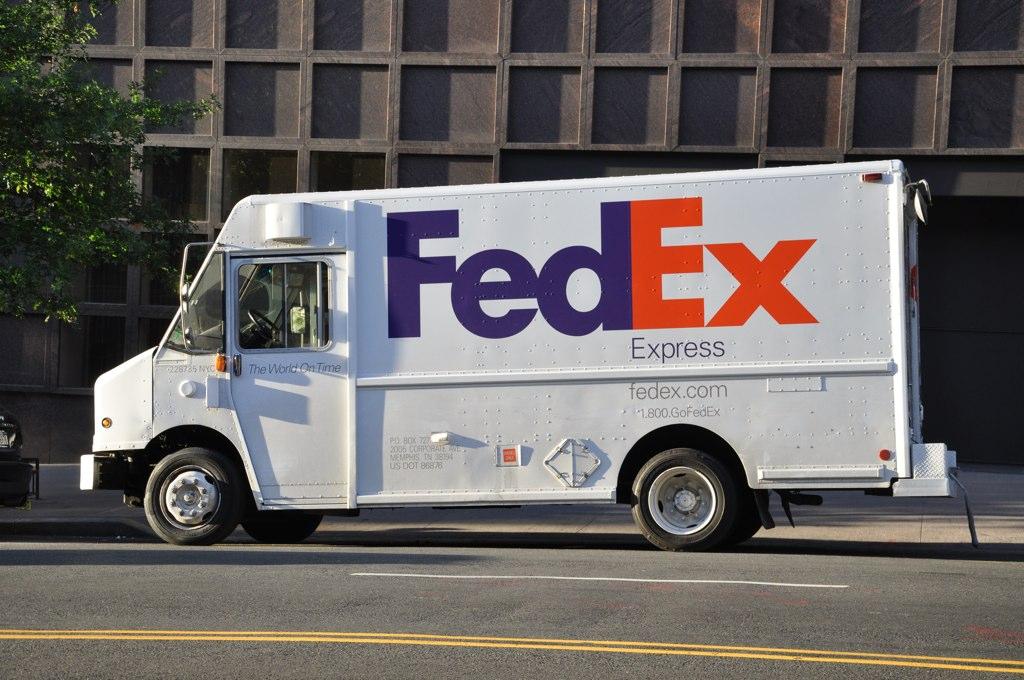
The trade situation between the U.S. and China is escalating, with Chinese company Huawei recently placed on the U.S. Department of Commerce’s “Entity List” which prevents it from using parts from U.S. companies without permission from the U.S. government. But there has been some confusion about what exactly that means for users of Huawei products who are based in the U.S.
A recent incident involved a tech writer from PCMag who tried to ship a Huawei phone from the U.K. to the U.S. by Parcelforce and then by FedEx. As required, he filled out a form stating the make and model of the phone he was shipping. But he was surprised by the phone did not reach its destination in the U.S., but was instead returned to him in the U.K.
The Entity List should affect companies buying parts on a large scale, not individuals who want to send phones or other technology to private citizens. It should prevent Huawei from receiving parts from U.S. companies, not stop people from shipping their phones. But according to statements given to PCMag, the shipping companies seemed confused about their legal requirements in this situation.
We reached out to FedEx for comment and a representative confirmed that there is not a ban on the shipment of Huawei products, and in this case the returning of the phone was a mistake.
“The package in question was mistakenly returned to the shipper, and we apologize for this operational error,” FedEx said in a statement to Digital Trends. “As a global company that moves 15 million shipments each day, we are committed to compliance with all rules and regulations and minimizing impact to our customers as we adjust our operations to comply with a dynamic U.S. regulatory environment.”
FedEx also reiterated that “FedEx can accept and transport all Huawei products except for any shipments to listed Huawei entities on the U.S. Entity List,” and that in the recent case, “The return to sender label attached to the package in question was not generated by FedEx.”
U.S. technology regulations certainly can be complex, and with the recent addition of Huawei to the Entity List it seems likely that someone at the shipping company misunderstood their legal requirements. But this incident goes to show how private individuals can get caught in the middle when a trade war escalates.


